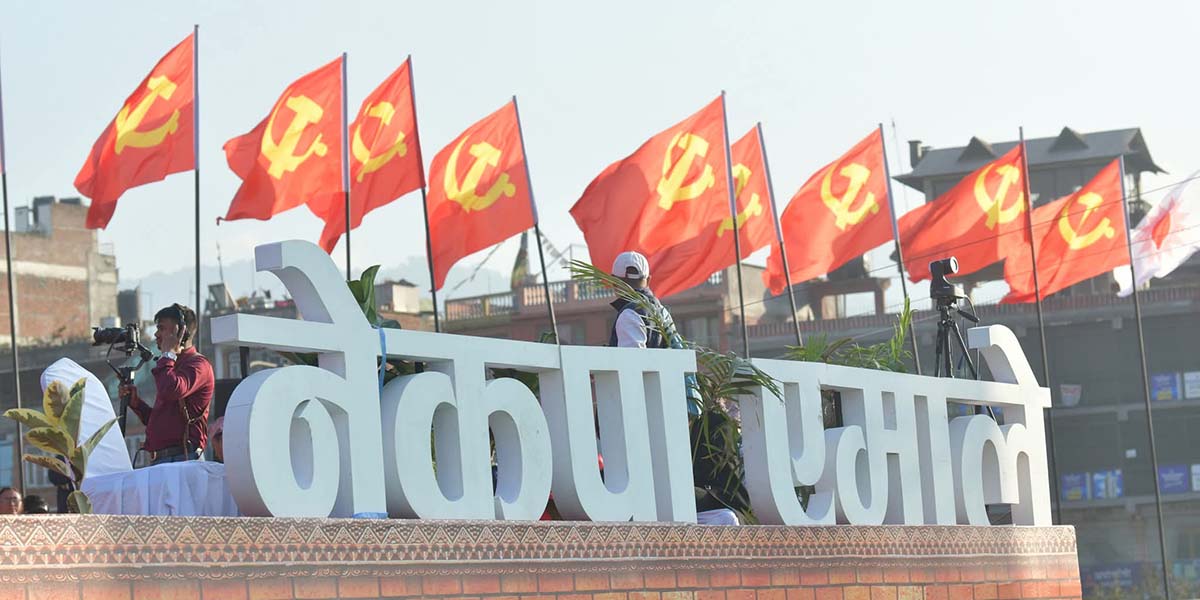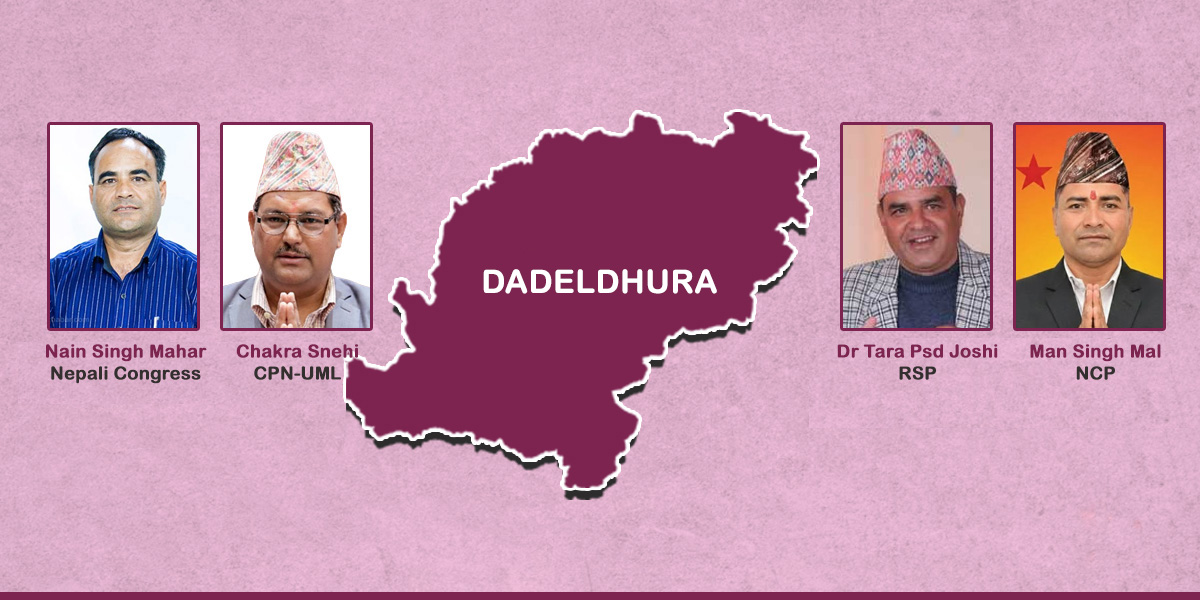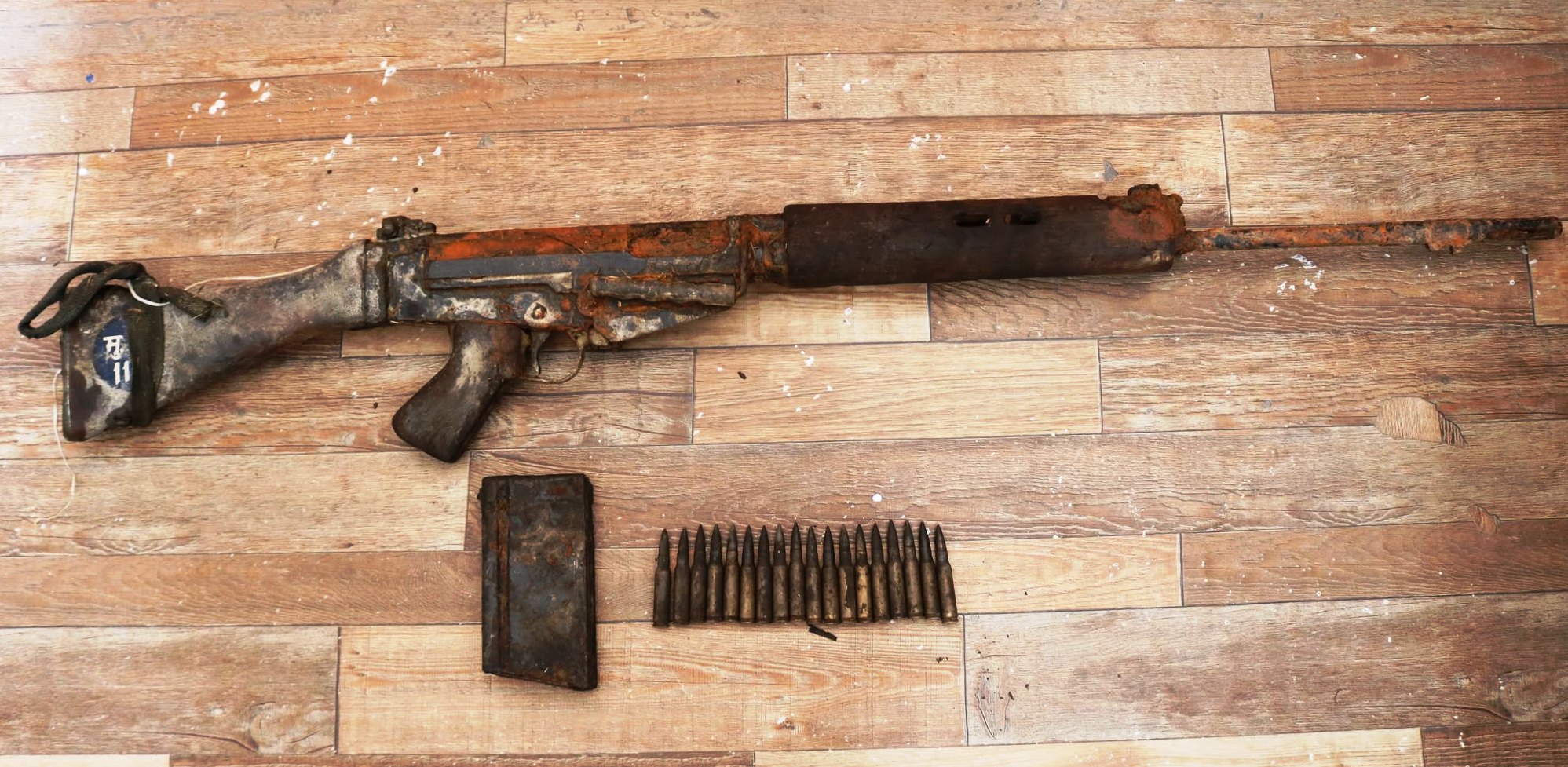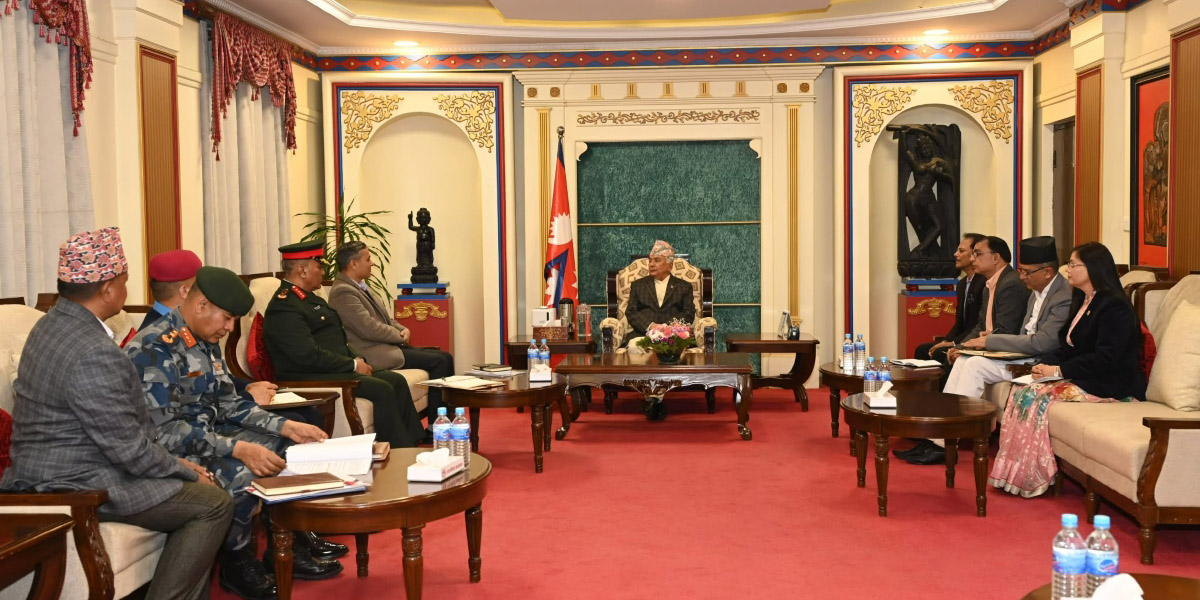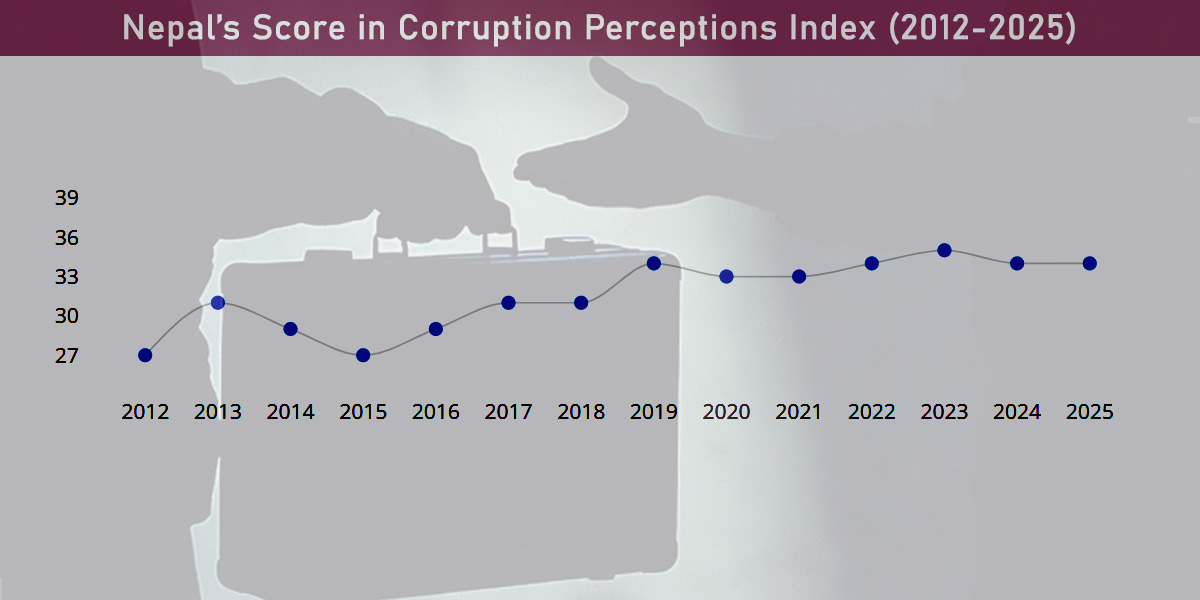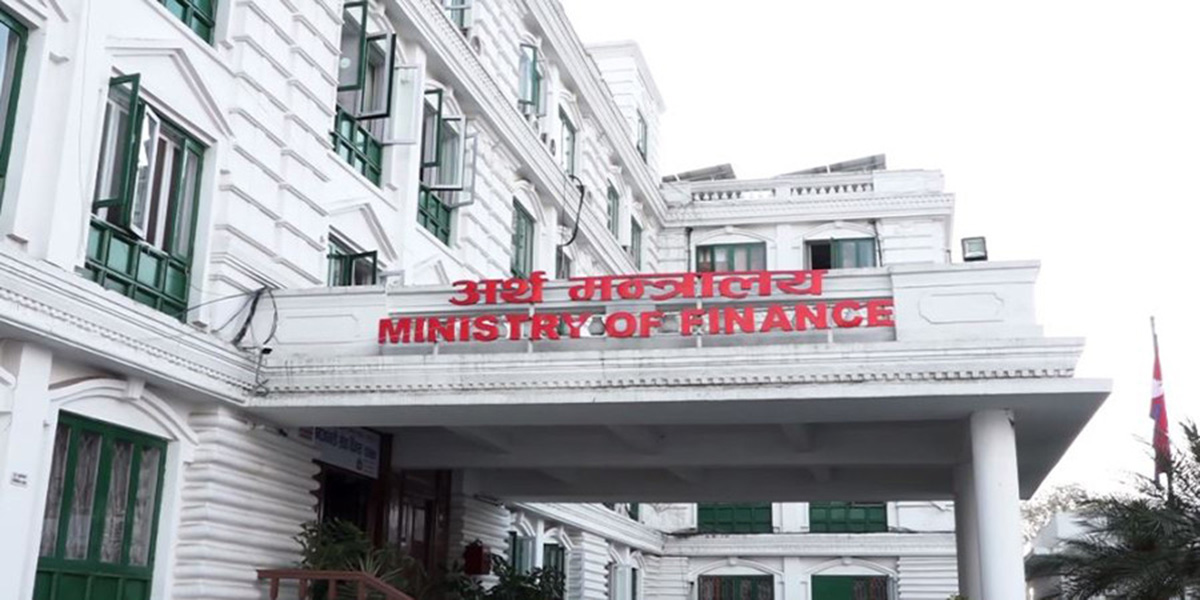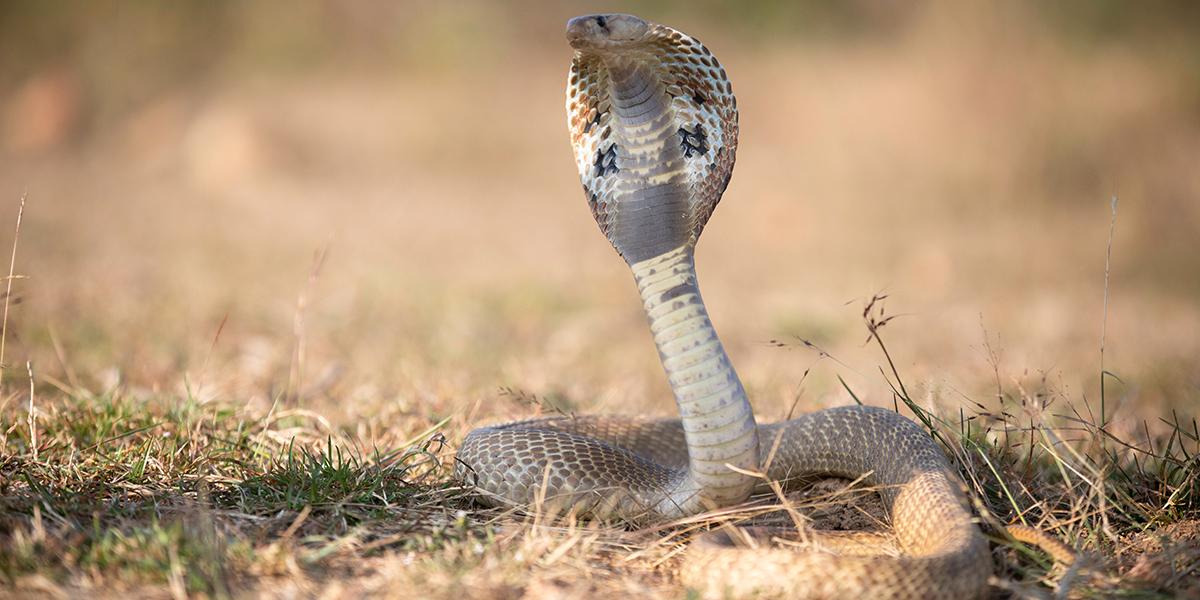 Representative Image. (Photo: Pexels.com)
Representative Image. (Photo: Pexels.com)
JANAKPURDHAM: In June of last year, Mithalesiya Devi, a resident of Janakpurdham Sub-metropolitan City, was bitten by a common krait at her home. She was promptly taken to the provincial hospital in Janakurdham where she received medical attention.
While undergoing treatment, the attending physicians provided her with instructions on how to prevent future snake bites. Unfortunately, about a month later, she was bitten by another snake. Mithalesiya admits that she didn’t follow the doctors’ advice closely enough. “I got bitten a second time because I had not carefully followed the instructions given to me by the doctors,” she explained.
With temperatures rising in the Tarai region, there has been a noticeable increase in snake sightings. Mukti Narayan Sah, chief of the health division of the Ministry of Social Development in the Madhesh Province Government, has urged people to be cautious. According to Sah, only 10% of snakebite cases are caused by venomous snakes out of every 100 cases reported. He believes that if people take the necessary precautions, the number of snake bites can be reduced significantly, possibly by as much as 90%.
The Madhesh Province Government has established snake bite treatment facilities in all eight district hospitals under its jurisdiction. Additionally, the federal government-run Narayani Hospital in Birgunj and Gajendra Narayan Singh Hospital also provide treatment for snake bites. Three specialty facilities in Mahottari, Siraha, and Dhanusha are equipped to handle snake bite cases.
The Madhesh Province Government has established snake bite treatment facilities in all eight district hospitals under its jurisdiction.
Sah stated that the ministry doesn’t have precise data on snakebite-related deaths. He did mention, however, that the current death rate is two out of every ten snake bites. Sah further said that deaths usually occur because patients are unaware that they have been bitten by a venomous snake, hospitals lack essential equipment such as ICUs and ventilators for critically ill patients, and there is a shortage of skilled healthcare personnel to handle snakebite cases.
Experts say if a victim of a venomous snake bite is taken to a hospital within an hour to an hour and a half of being bitten, their life can be saved. Unfortunately, due to a lack of public awareness, some people seek treatment from traditional healers rather than going to the hospital.
Sah urged for more coordination of federal and province governments to address the issue. “The ministry has been training healthcare workers, including doctors and nurses, on how to treat snake and dog bites every year. In addition to providing trained personnel, the ministry is also providing necessary medications,” he added.
Treatment centers in a sorry state
Despite the increase in snake bite cases, treatment centers in Madhesh Province lack the necessary infrastructure. Health professionals working at these centers have expressed concerns about the state of the facilities.
Rajkishore Raut, chairman of the management committee of the Mahendranagar Snakebite Treatment Service Center, said the center’s condition is deteriorating due to the lack of cooperation from local and provincial governments.
The Dhanusha-based treatment center has been in operation for three years. The number of patients seeking treatment has risen with every passing year. In the first year, the center treated 13 patients, followed by 250 in the second year. As of February, the center had already treated 576 patients.
According to Raut, patients are coming from villages in Dhanusha, Mahottari and Siraha, as well as from Sursand, Madhwapur, Basopatti, and Umgaon in Bihar state, India.
“Our service was effective in its first year due to excellent coordination with the local government. But we have bee neglected in recent months. We lack lacks necessary human resources and medications,” he added.
Chhireshwar Mayor Sukhdev Yadav said that the municipality has been unable to release funds to snakebite treatment center due to the absence of the chief administrative officer.
The Chhireshwar Municipality oversees the center and provided a budget of Rs 1 million for the first two years. However, Raut said that the center has not received any support since the new team took over the municipality following the local government elections in March of last year. “We have not been able to clear our electricity bills. Also, the center has also been unable to pay the salary of health professionals and other staffers,” Raut added.
Mayor Sukhdev Yadav said that the municipality has been unable to release funds due to the absence of a chief administrative officer. “As far as I know, salaries are pending for only two months,” Yadav added. He also expressed concern about the recruitment of human resources in a whimsical manner at the center.
Furthermore, Yadav alleged that the Province Health Supplies Management Center has not provided anti-snake venom and other necessary medicines to the center. “We have been told that supplies have stopped on the direction of Minister for Social Development, Surita Sah,” he added.
Raut also accused the minister of showing non-cooperation towards the snakebite treatment center. “We have been told that the minister has issued instructions to provide supplies only to government hospitals. We have been buying medicines using internal resources,” he added.
However, Rajiv Kumar Jha, the director of Province Health Supplies Management Center, claimed that the snakebite treatment center was provided with the necessary supplies 10 days ago. “We have been providing medicines to snakebite treatment centers in Siraha and Dhansuha,” Jha added.


![Maha Shivaratri being celebrated across the country [With Pictures]](https://en.himalpress.com/wp-content/uploads/2026/02/HRB_KTMImage2026-02-15at7.37.40AM1.jpg)
